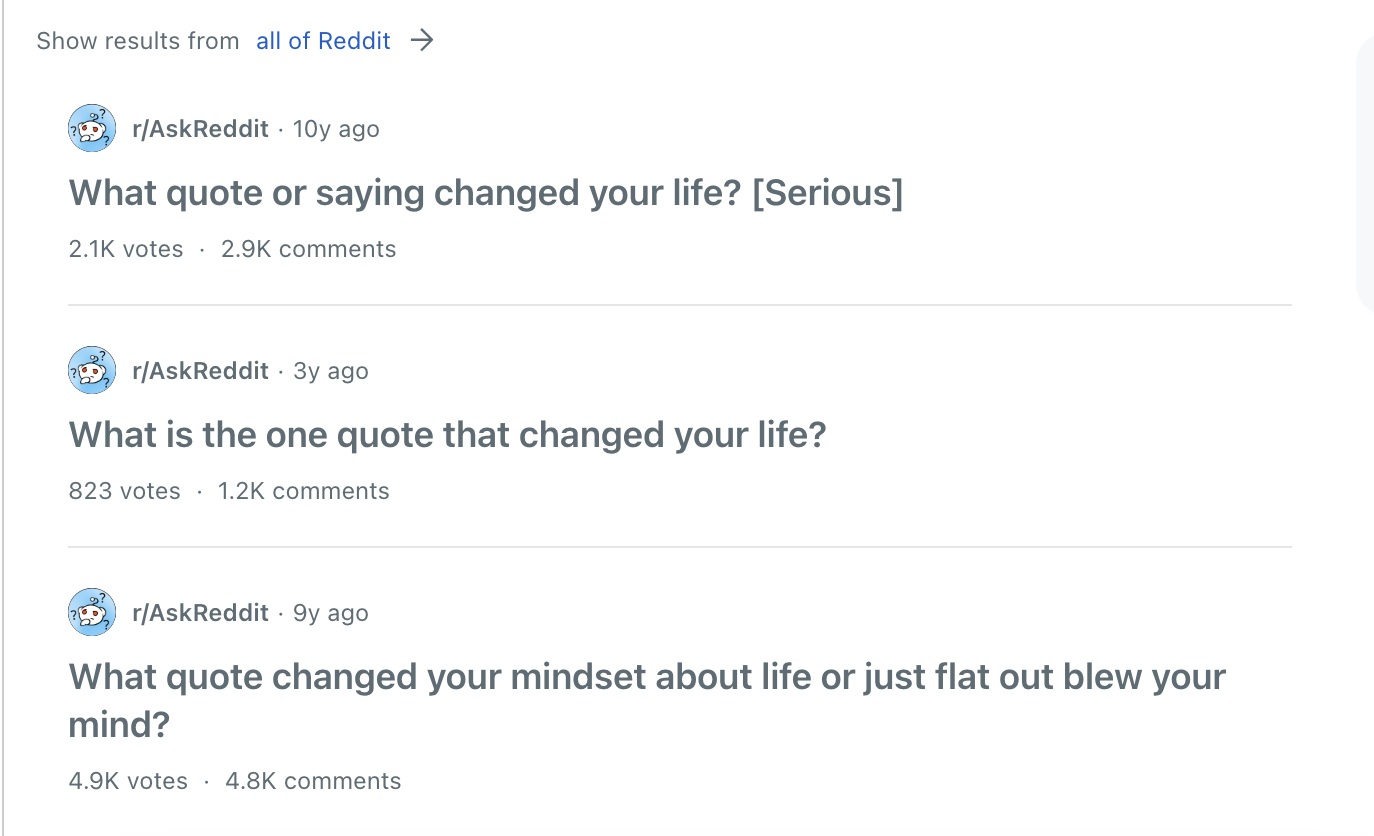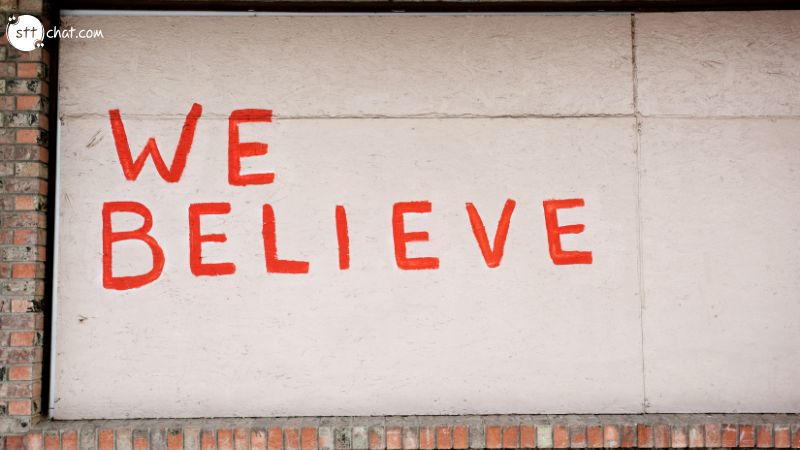Charles Dickens, one of the most celebrated novelists of the Victorian era, was a master of capturing the intricacies of human nature and society. Among his many insightful observations, the quote "A day wasted on others is not wasted on one's self" stands out as a profound reflection on the value of altruism and selflessness. In a world often driven by individualism and self-interest, Dickens' words remind us of the enduring benefits of dedicating our time and energy to the welfare of others.
1. The Meaning Behind the Quote
At first glance, the quote might appear paradoxical. How can time spent on others not be wasted on oneself? Dickens suggests that acts of kindness and generosity are inherently rewarding. When we invest our efforts in helping others, we also enrich our own lives. This perspective challenges the notion that productivity and self-gain are the ultimate measures of success.
In essence, Dickens argues that the act of giving creates a ripple effect. The joy and satisfaction derived from contributing to someone else's happiness ultimately lead to a sense of fulfillment and purpose in our own lives. This idea resonates with the concept of interconnectedness, where the well-being of one individual is tied to the well-being of the collective.

When we invest our efforts in helping others, we also enrich our own lives. Source: Internet
2. The Impact of Altruism on Personal Growth
Altruism is more than just a moral obligation; it's a catalyst for personal growth and development. Engaging in selfless acts fosters empathy, compassion, and emotional intelligence. When we step outside our own needs and focus on others, we develop a broader perspective of the world. This shift in mindset can lead to greater self-awareness and a deeper understanding of human relationships.
Moreover, helping others often challenges us to step out of our comfort zones. Whether it's volunteering at a shelter, offering a listening ear to a friend, or participating in community service, these experiences teach us valuable life skills. They encourage adaptability, problem-solving, and resilience. Through these interactions, we learn to navigate diverse situations and become more open-minded and adaptable individuals.
3. The Psychological Benefits of Giving
The psychological benefits of giving are well-documented in scientific research. Studies have shown that acts of kindness trigger the release of endorphins, the brain's natural mood enhancers. This phenomenon, often referred to as the "helper's high," leads to increased feelings of happiness and satisfaction. When we engage in altruistic behavior, our brain releases dopamine, a neurotransmitter associated with pleasure and reward.
Furthermore, giving has been linked to reduced stress levels and improved mental health. Acts of kindness promote a sense of connection and belonging, reducing feelings of loneliness and isolation. By focusing on the needs of others, we can shift our attention away from our own worries and anxieties, leading to improved emotional well-being.
4. Building Stronger Communities Through Selflessness
In a society that often emphasizes individual achievement, the concept of community can sometimes be overshadowed. However, Dickens' quote reminds us of the importance of fostering strong, interconnected communities. When individuals prioritize the well-being of others, they contribute to a sense of unity and collective strength.
Communities built on selflessness are more resilient and supportive. They provide a network of care and assistance, where individuals come together to address common challenges. In times of crisis, these communities are better equipped to provide support and resources to those in need. By investing in the welfare of others, we create a cycle of reciprocity and cooperation that benefits everyone involved.

Communities built on selflessness are more resilient and supportive. Source: Internet
5. Applying Dickens' Wisdom in Modern Life
In our fast-paced and often self-centered world, how can we apply Dickens' wisdom to our daily lives? Here are a few practical ways to embrace the spirit of the quote:
Practice Active Listening: Take the time to truly listen to others, whether it's a friend, family member, or colleague. Show genuine interest in their thoughts and feelings, and offer your support and understanding.
Volunteer Your Time: Find opportunities to volunteer in your community. Whether it's working at a food bank, participating in a local charity event, or mentoring someone in need, giving your time can make a meaningful impact.
Perform Random Acts of Kindness: Incorporate small acts of kindness into your daily routine. This could be as simple as holding the door for someone, writing a thoughtful note, or offering a helping hand to a stranger.
Cultivate Empathy: Make an effort to understand the perspectives and experiences of others. Challenge yourself to step into someone else's shoes and view the world from their point of view.
Support Causes You Care About: Contribute to causes and organizations that align with your values. Whether through donations, advocacy, or volunteering, your efforts can create positive change in areas that matter to you.
Conclusion
In conclusion, Charles Dickens' quote "A day wasted on others is not wasted on one's self" encourages us to embrace the power of selflessness and altruism. By dedicating our time and energy to the welfare of others, we enrich our own lives and contribute to the greater good. In a world that often prioritizes individual success, Dickens' words serve as a timeless reminder of the profound impact of giving and the enduring rewards it brings. As we navigate our lives, let us remember that the moments we invest in others are never truly wasted, for they create a legacy of compassion and connection that transcends time.






